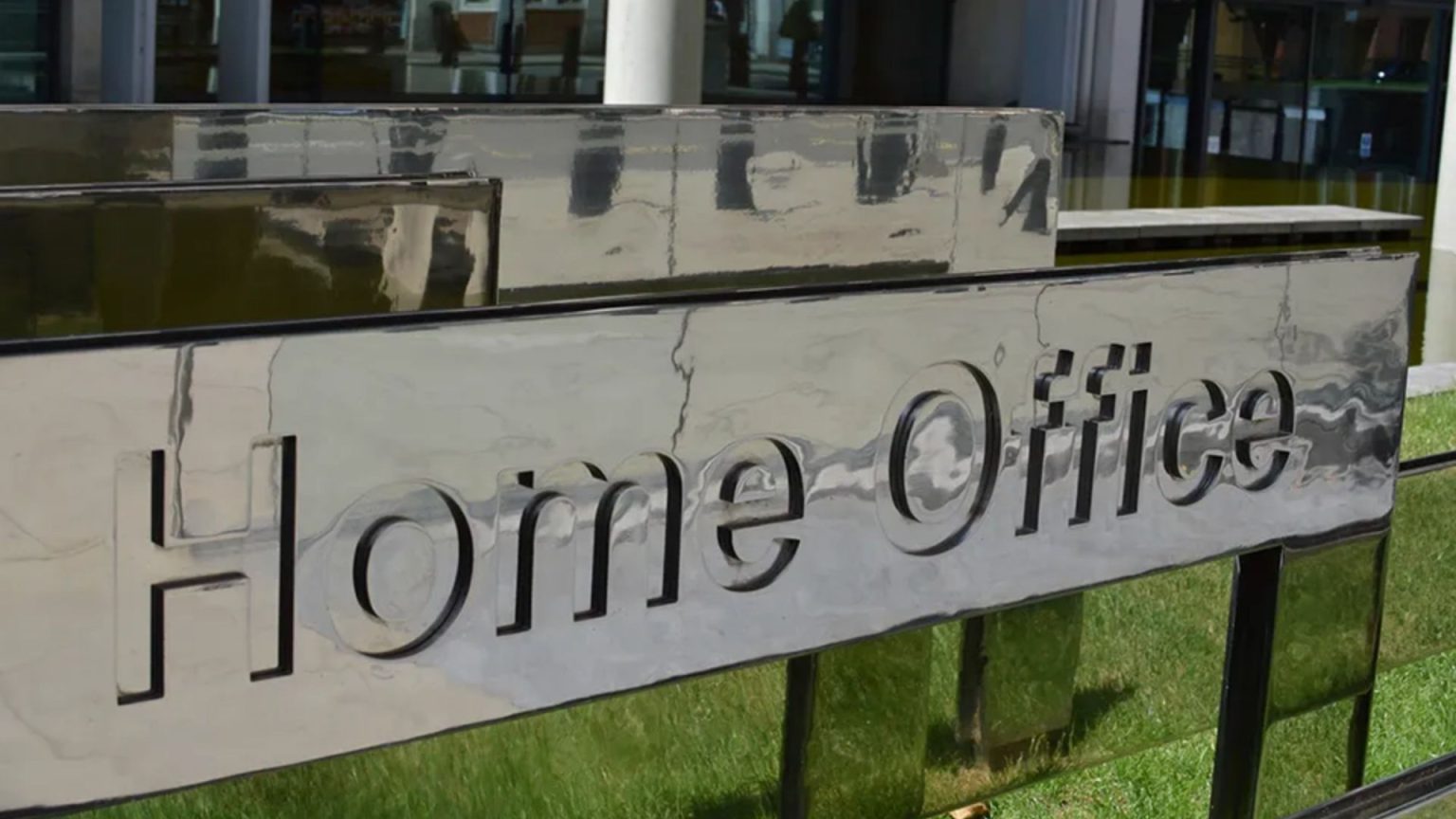The UK Home Office faced a record payout in compensation last year to foreign nationals who were unlawfully detained, often due to delays in the deportation process. Over the past five years, the total compensation awarded to 2,222 successful claimants has reached a staggering £53.2 million, averaging nearly £25,000 per case. This highlights a significant increase in both the number of successful claims and the total amount paid, rising from 312 cases and £8.2 million in 2018 to 736 cases and £16.1 million in 2022. This escalating trend underscores the growing challenges and financial burdens associated with the UK’s immigration and asylum system.
The legal basis for many successful claims often rests on human rights legislation, which dictates that detention for deportation purposes must be for a “reasonable period.” When the deportation process is prolonged, detainees can seek compensation for their unlawful detention. Factors like the use of restraints, such as handcuffs, and the inherent stress of being detained can contribute to higher compensation amounts. Lawyers often take on these cases on a no-win, no-fee basis, making them readily accessible to those who have been unlawfully detained. The first day of detention alone can be valued at up to £1,000 in a successful claim, reflecting the traumatic impact of being held in immigration detention centers.
These detention centers, operating similarly to prisons, serve as temporary holding facilities while individuals await deportation or decisions on their legal status in the UK. A significant portion of the payouts went to foreign criminals who successfully challenged deportation attempts. Others were awarded compensation after it was determined they should have been allowed to remain in the UK, highlighting flaws in the initial immigration assessments. One particular group involved EU nationals detained and deported for sleeping rough, demonstrating the broad scope of individuals affected by these detention practices.
A notable case involved Lithuanian national Tomas Lusas, who received £10,000 in compensation after being held for 19 days in a detention center for sleeping on the streets in 2016. He successfully challenged his deportation and subsequently sued for his unlawful detention. This case illustrates the potential for individuals to challenge their detention and seek redress when their rights are violated. Another high-profile case involved Somali career criminal Abdulrahman Mohammed, who was awarded nearly £80,000 in 2017 after the Home Office acknowledged his unlawful detention for a total of 445 days over three separate periods. Despite his asylum status, he was detained repeatedly due to his criminal activities, showcasing the complexities of balancing immigration and criminal justice considerations.
The largest single settlement for unlawful detention disclosed by the Home Office reached £241,000, with several other substantial payouts exceeding £100,000 in recent years. These figures underscore the significant financial burden on taxpayers resulting from the Home Office’s handling of immigration detention. Critics argue that these substantial sums represent a misallocation of public funds that could be better directed towards addressing the needs of UK citizens.
The rising cost of compensation for unlawful detention has prompted criticism of the UK’s immigration and asylum system. Migration Watch UK, a think tank advocating for stricter immigration controls, has highlighted these payouts as a consequence of a system struggling to manage immigration effectively. They argue that the considerable financial resources allocated to compensating individuals who enter the country unlawfully could be more effectively utilized to address the needs of British citizens. The Home Office’s refusal to comment on this issue further fuels concerns about transparency and accountability within the department. The increasing frequency and value of these settlements raise serious questions about the effectiveness and fairness of the UK’s immigration detention practices, calling for a thorough review of the system to ensure compliance with human rights obligations and prevent further financial strain on public resources.











